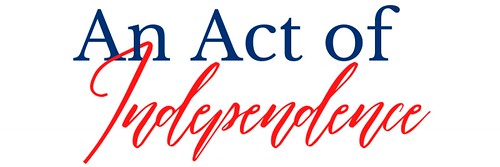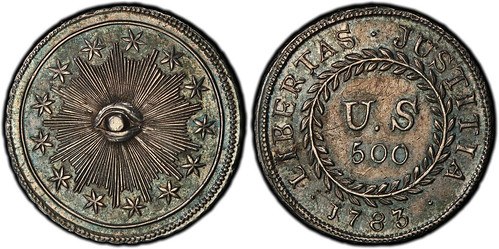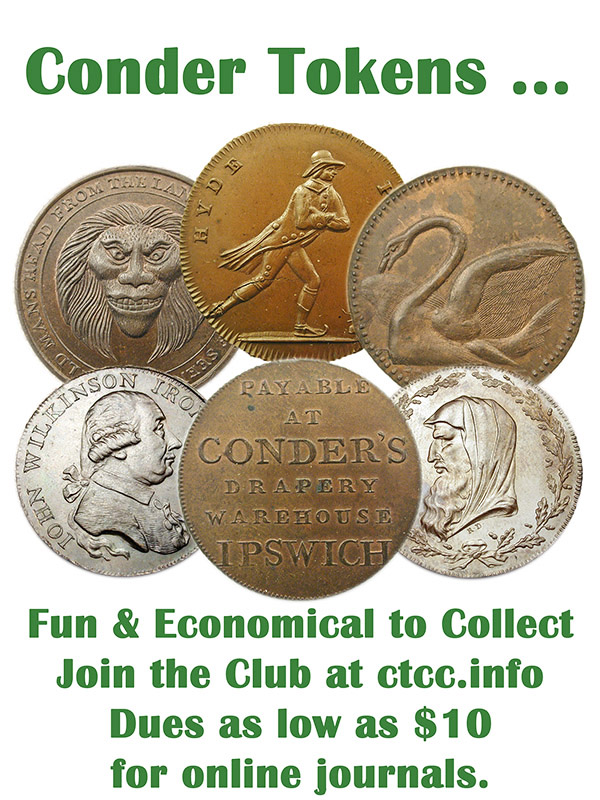
PREV ARTICLE
NEXT ARTICLE
FULL ISSUE
PREV FULL ISSUE
AN ACT OF INDEPENDENCE: THE FIRST U.S. COINDavid McCarthy published an article in the May 2021 issue of The Numismatist about his discovery that within hours of receiving the news that the Revolutionary War had been won, the United States ordered its first coin to be struck. -Editor 

On Sunday, March 23, 1783, a French naval cutter made its way up the Delaware River, dropping anchor south of Independence Hall in Philadelphia. The aptly named Le Triomphe had set sail from Cadiz 36 days earlier, carrying news that Great Britain recognized the sovereignty of the United States. American independence had become a reality.
Reports that the war was over soon found their way to Superintendent of Finance Robert Morris, the nation’s chief executive and undoubtedly the most powerful man in Confederation-era North America. That evening, the financier was dining with John Barker Church, a successful merchant and brother-in-law to Alexander Hamilton. Church dashed off a letter to a business associate, recording that the news was first delivered to Morris at 6:20 p.m., writing,
Over the next few hours, United States Secretary of Foreign Affairs Robert Livingston, General Horatio Gates and other luminaries visited Morris’s office to discuss the day’s events. Morris then attended to
The final item in Morris’s diary on March 24—the first day that the U.S. government operated with the knowledge that the Revolutionary War had been won—may be our nation’s first sovereign act. Before leaving his office to attend one of the celebrations held that evening, the superintendent of finance recorded that he had
Put simply, within 24 hours of learning that Great Britain recognized America’s independence, the man running the United States apparently ordered a government employee to strike the first U.S. coin.
[Pictured: THE 1783 PLAIN OBVERSE NOVA CONSTELLATIO—the coin that Robert Morris described as
To read the complete article, see:

Wayne Homren, Editor The Numismatic Bibliomania Society is a non-profit organization promoting numismatic literature. See our web site at coinbooks.org. To submit items for publication in The E-Sylum, write to the Editor at this address: whomren@gmail.com To subscribe go to: https://my.binhost.com/lists/listinfo/esylum All Rights Reserved. NBS Home Page Contact the NBS webmaster 
|